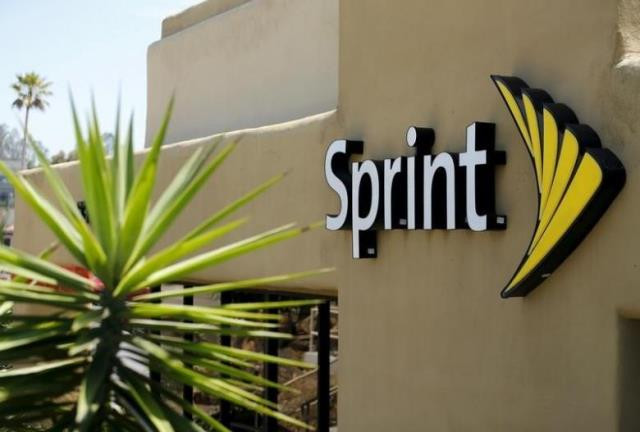Sprint to provide one million students with free internet, mobile devices
Sprint aims to give cell phones, tablets, laptops or mobile hot spots to students who do not have internet at home

The logo of US mobile network operator Sprint Corp is seen at a Sprint store in San Marcos, California
Facebook to launch cheap, fast WiFi service in India
Marcelo Claure, chief executive of Sprint, said the plan builds on the company's prior commitment through the White House's ConnectED program to get 50,000 students high speed internet. He said Sprint realized that while providing students with internet at school was helpful, students would still need to be able to use the internet at home.
"We are going to equip 1 million kids with the tools they need to reach their full potential and achieve their dreams," Claure told reporters on a White House call.
President Barack Obama will travel to Greensboro, North Carolina on Tuesday to participate in a town hall on race and sports and to highlight the administration's work to improve the lives of disadvantaged youth through its My Brother's Keeper initiative and other programs.
Sprint aims to give cell phones, tablets, laptops or mobile hot spots to students who do not have internet at home. Students would be able to choose the type of device that might meet their needs and it would be coupled with four years of free data plans. The company hopes to reach its goal of a million students in five years. Manufacturers have agreed to provide the mobile devices at no cost, Claure said. He also said the company would encourage customers to donate their old devices to the program and that it would not cost Sprint much to allow the free use of its network.
E-governance: Steps taken to improve public sector
"I think we are working to address a huge problem that we have in our country which is the digital divide and the homework gap," Claure said. "Most people would assume internet is a given for everyone in the United States and that's the way it should be, but it's not." He said children in more than 5 million US households today lack internet connection at home.


















COMMENTS
Comments are moderated and generally will be posted if they are on-topic and not abusive.
For more information, please see our Comments FAQ